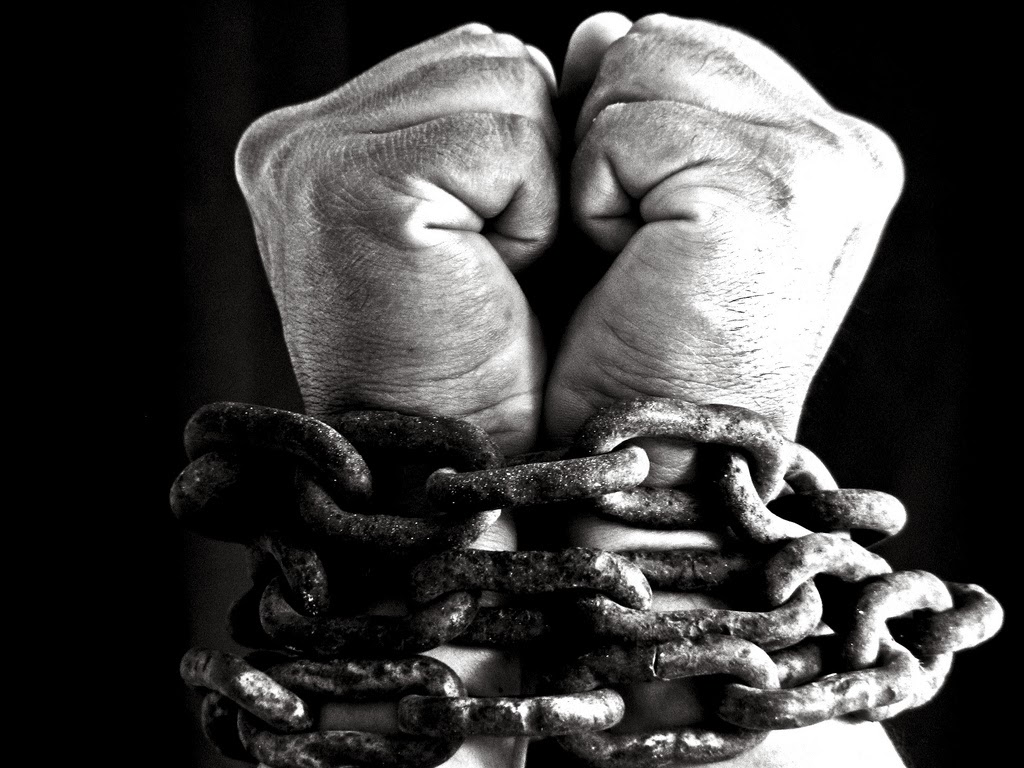Category: Jeremiah (Page 5 of 6)
“Thus says the LORD: ‘Let not the wise man boast in his wisdom, let not the mighty man boast in his might, let not the rich man boast in his riches, but let him who boasts boast in this, that he understands and knows me, that I am the LORD who practices steadfast love, justice, and righteousness in the earth. For in these things I delight, declares the LORD.'” (Jeremiah 9:23-24)
“There was one central pleasure in the life of the prophet that eclipsed all of the pain and rejection and failure that were forced upon him. He had an intimacy with God. When he was doing what he was commissioned and designed to do, Jeremiah felt the pleasure of God.” Dr. John Guest
“… you did not incline your ear or listen to me.” (Jeremiah 35:15b)
We come upon this imagery frequently in Jeremiah—eight times, more than any other writer in Scripture. The words indicate there are two levels of receiving communication. First, “incline … ear” and, second, “listen.”
The former (“incline … ear”) implies a readiness and willingness and desire to hear from the one speaking. The root of “incline” means to “extend” or “stretch out.” It seems to describe the turning of the ear or the head so the ear can catch the sound of another’s voice. Perhaps we could even picture the cupping of the hand behind the ear in order to gather more of the sound-waves into the ear canal.
The latter (“listen”) implies not simply hearing the sounds, but taking them in intelligently and with understanding and perception … and then responding positively with obedience and submission to what has been heard.
One cannot pull off the latter (“listen”) until he has first performed that former (“incline … ear”). There is a logical order implied: first, the willingness and readiness and anticipation and desire to hear. Second, the intelligent understanding of what is heard issuing in a positive response to that which is heard.
Unless I anticipate that God will speak to me, I will be unlikely to listen for Him or to Him. I must, therefore, believe that God will speak to me when I come to the Bible. He will do so by His Holy Spirit though what He has already spoken in His written Word, taking the definitive Word and making it a personal word as He applies it to my life. I must move myself and my attention to God through the Scripture by reading and studying it with a willingly and desirous heart. Then I must obey what I hear God say there.
Only then will true, full communication have taken place.
Speak, Lord, for your servant is listening! Amen.
“And in the thirty-seventh year of the exile of Jehoiachin King of Judah … Evil-merodach King of Babylon … lifted up the head of Jehoiachin King of Judah and brought him out of prision.” (Jeremiah 52:31)
Jehoiachin, at just eighteen years of age, became king of Judah. His biography is sad, but easily and briefly written: “he did what was evil in the sight of the LORD, according to all that his father had done” (2 Kings 24:9).
His “reign” lasted a mere three months before the inevitable dawned upon him and he surrendered the city and its people to Nebuchadnezzar King of Babylon. Jehoiachin and about ten thousand of his leading citizens were led off captive to that foreign land. He spent the next thirty-seven years in the Babylonian prison system. Think of that! That’s 148 times the length of his reign as king in Jerusalem. How brief and fleeting did those days seem during the long years in prison? How humbling was that nearly four-decade span of “life”?
Yet, in the end, Jehoiachin outlived his conqueror Nebuchadnezzar. The great Babylonian king’s son Evil-merodach, upon ascending to the throne, lifted Jehoiachin up to a place of relative dignity, which he enjoyed to the day of his death.
If God would have permitted us a more expansive biography of Jehoiachin I think I’d have liked to read it. What does prison do to a man? It humbles him, surely. But does he humble himself? Did he ever wonder: “Was it worth it?” Three months of glory; thirty-seven years of ignominy.
Surely it wasn’t. How could it have been?
But then I wonder if, during his imprisonment, Jehoiachin came to embrace Psalm 131?
“O LORD, my heart is not lifted up;
my eyes are not raised too high;
I do not occupy myself with things
too great and too marvelous for me.
But I have calmed and quieted my soul,
like a weaned child with its mother;
like a weaned child is my soul within me.
O Israel, hope in the LORD from this time forth and forevermore.”
This is one of the Psalms of Ascents—hymns sung by seekers traveling up to Jerusalem to worship God at the annual Jewish festivals. Confined in a foreign prison in a pagan land, under compete defeat, and covered with shame (and who knows what else!), did Jehoiachin ever let his humbled spirit make the journey to Jerusalem in his heart? Did his heart ever set out in pilgrimage to truly know God?
Makes you wonder if it’s worth it, doesn’t it?
I guess it all depends upon what the “it” is.
If by “it” we mean our fifteen minutes of glory (or 3 months of regal status), then the answer is surely “no.”
If we mean the opportunity to know God deeply, then the answer is “yes” … even if it requires thirty-seven years of heart-travel while confined in a prison cell.


